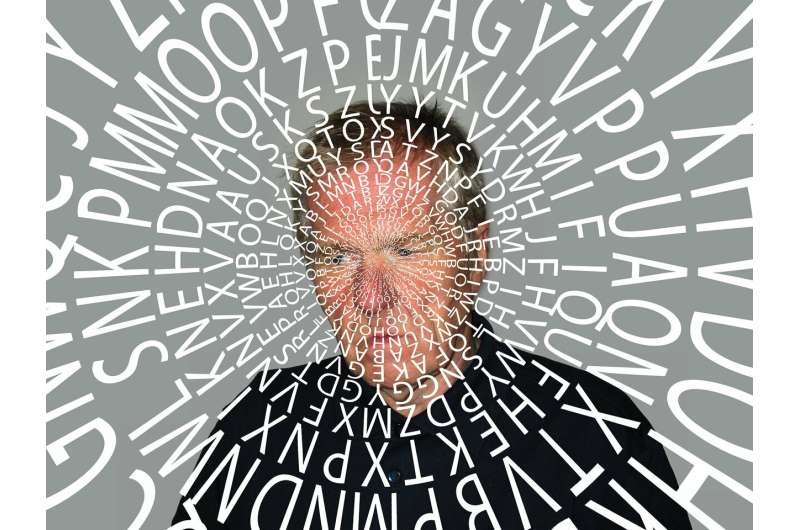The Role of Social Skills in Accelerating Recovery from Early-Stage Schizophrenia

New research highlights the importance of social inference skills in speeding up recovery from early schizophrenia, suggesting targeted social cognition training can improve daily functioning and long-term outcomes.
Recent research from Case Western Reserve University's Jack, Joseph, and Morton Mandel School of Applied Social Sciences has identified a promising target in brain function that could revolutionize treatment approaches for individuals experiencing early schizophrenia. Traditionally, schizophrenia has been managed with standardized treatment protocols, but these new findings suggest personalized interventions focusing on social inference skills could significantly improve patient outcomes.
Schizophrenia, a severe mental health disorder affecting thought, feeling, and behavior, often begins in adolescence—when the brain is still developing. During this critical period, the disorder can cause persistent difficulties in academics, social relationships, and emotional regulation, often extending into adulthood. Addressing these challenges early can potentially mitigate long-term impairments.
At the core of functional independence in daily life are social inference skills—the ability to interpret social cues and understand others' intentions. The study emphasizes that targeting brain circuits involved in social cognition offers an innovative approach for intervention. Importantly, early intervention during this sensitive phase may prevent or lessen lasting damage.
Lead researcher Anju Kotwani explains that social inference is akin to the brain’s social detective work, helping individuals decode sarcasm, tone, and unspoken cues. The study found that structured training programs—such as computer games or worksheets designed to teach social cues—could be more effective than traditional cognitive therapies focusing solely on memory and attention.
The research involved 102 patients and uncovered that social cognition serves as a vital bridge between basic thinking skills and real-world functioning in early schizophrenia. Consequently, developing community-based social inference training programs could provide a significant boost to recovery efforts.
Jessica Wojtalik, an assistant professor involved in the study, highlights that moving away from the 'one-size-fits-all' treatment model towards targeted, skills-based interventions offers hope for faster, more comprehensive recovery. The findings, published in Psychiatry Research, underscore the importance of early, personalized treatment plans focused on social skills development.
Since mental health issues often initiate during adolescence—a period of rapid brain development—early detection and intervention are crucial. Enhancing social understanding not only improves immediate social functioning but also provides a foundation for better overall long-term outcomes in schizophrenia management.
This research advocates for integrating social inference training into early intervention programs, emphasizing that addressing both cognitive and social skills holds promise for improving quality of life for those with early-stage schizophrenia.
Source: https://medicalxpress.com/news/2025-10-brain-social-skills-impact-recovery.html
Stay Updated with Mia's Feed
Get the latest health & wellness insights delivered straight to your inbox.
Related Articles
The Critical Impact of Paternal Mental Health on Child Development
Emerging research underscores the significant impact of fathers' mental health on their children's social, emotional, and cognitive development, emphasizing the need for routine screening and support for new fathers.
Genetic and Environmental Factors in Family Mental Health: Breaking the Cycle
A groundbreaking study reveals that while mental health issues often run in families, they are not predetermined. Strengthening family environments and early interventions can break this cycle and promote resilience.
How Resilience and Perceived Benefits Influence Mental Health in Dementia Caregivers
Research shows that resilience and perceived caregiving benefits significantly improve mental health outcomes for dementia caregivers, highlighting key intervention avenues.
Implicit Bias and Its Effect on Prosocial Effort in Autistic and Non-Autistic Individuals
Societal stigma and implicit biases influence how much effort autistic and non-autistic individuals put into charitable actions, highlighting the importance of addressing unconscious attitudes to foster inclusivity.



